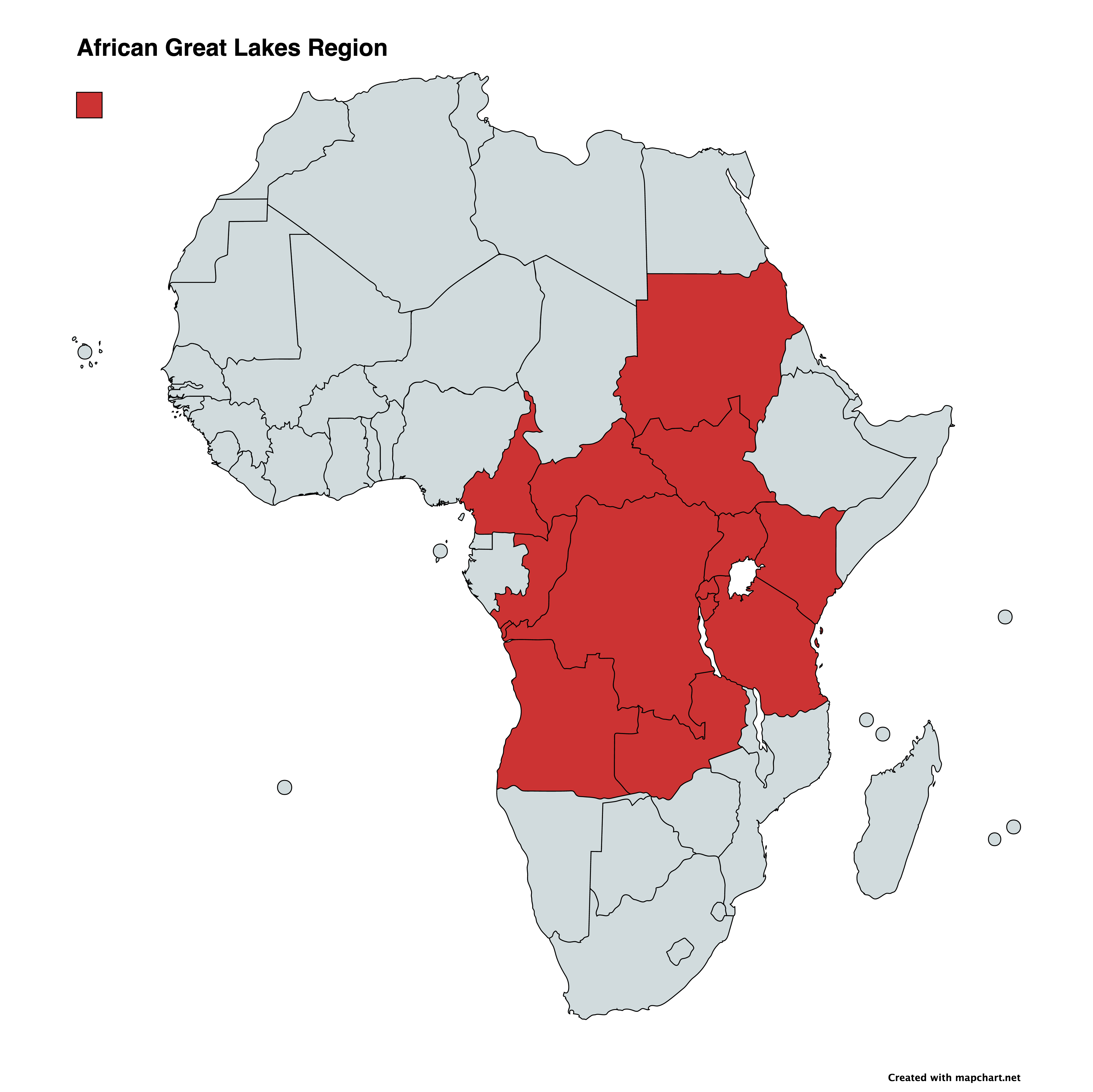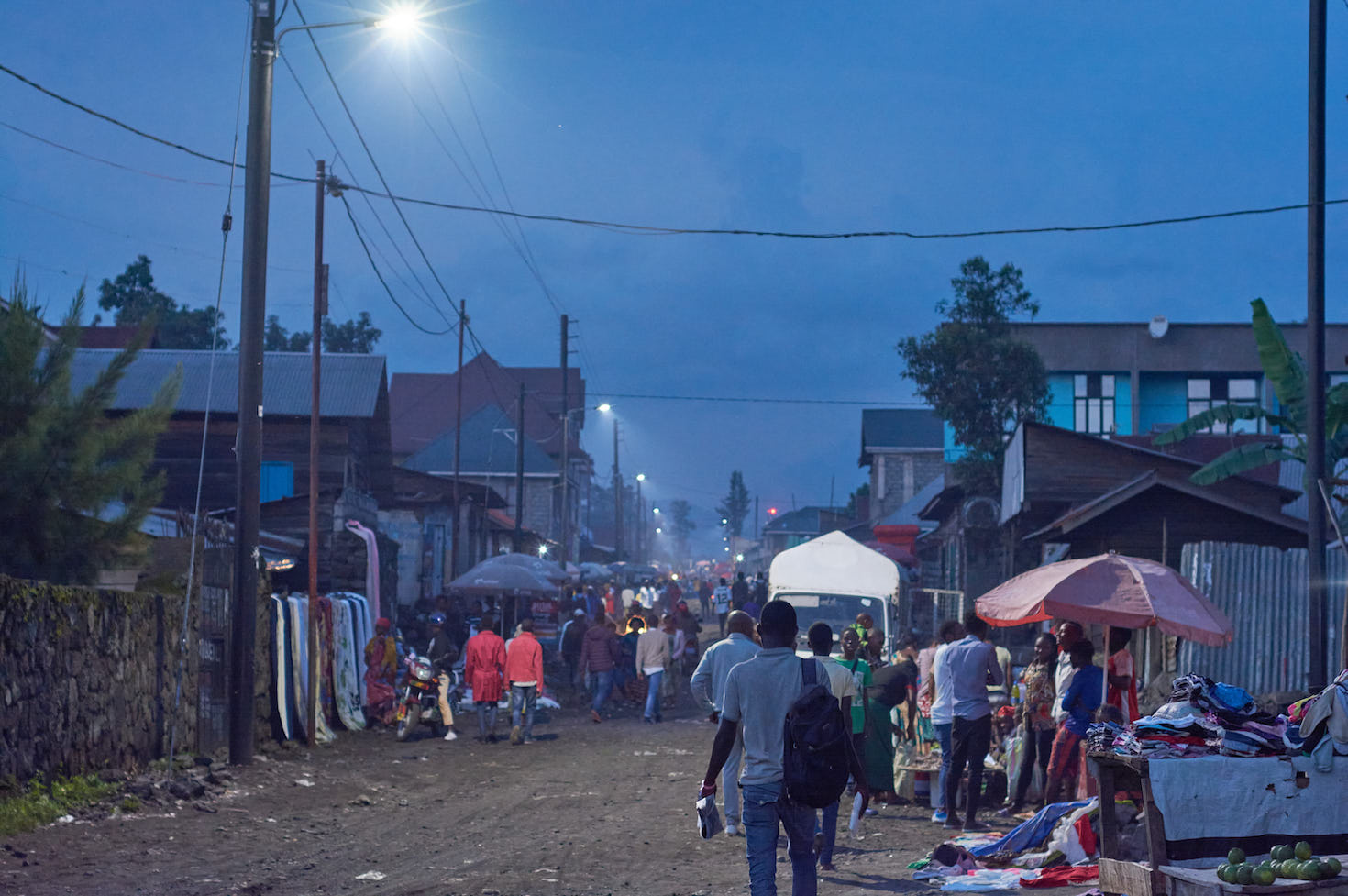Access to reliable, affordable and clean energy is increasingly recognized as the “golden thread” tying together and enabling many other Sustainable Development Goals (SDGs). Despite progress over the last decade in making solutions to energy poverty more accessible to the more than 800 million people currently without electricity (and the many more with intermittent or unaffordable energy) many gaps remain. In particular, the COVID-19 crisis has disrupted supply and demand for energy, both of which are necessary to meet SDG 7.
At the same time, transitioning to more renewable energy-based electricity systems requiring battery storage, whether in emerging markets or developed ones, will require massive amounts of mineral resources with significant human and environmental footprints. A paper published by USAID in late 2021underscores the urgency of addressing mining in the context of the green energy transition:
Recent global studies predict demand increases of up to ten times current production levels for minerals like cobalt, graphite, and lithium. No matter the mix of alternate energy sources the world turns to, the mining sector will be a key player in the years ahead.
To meet the ambitious goal of universal modern energy by 2030 — while grappling with the consequences of critical minerals demand growth — harmonized policies, coordinated investment and innovative research are urgently needed. Equally or even more important, however, are the understudied and undersupported partnerships that can catalyze and scale these efforts to make SDG7 both a lifeline and a means of economic empowerment and equity.
The Congo Power alliance represents one such innovative coalition approach. Initially launched by Google’s Supplier Responsibility team in 2017 to reinforce responsible minerals trade and expand economic opportunity through clean energy, the initiative supports communities committed to the responsible sourcing of minerals that are ubiquitous in electronics and historically tied to conflict and human rights abuses. This mineral trade focuses on tungsten, tin, tantalum, gold and cobalt, making this issue particularly critical in the African Great Lakes Region, where much of the world’s supply of these minerals’ stock lies underground.

The African Great Lakes region includes Angola, Burundi, Central African Republic, Republic of the Congo, Democratic Republic of the Congo, Kenya, Uganda, Rwanda, Republic of South Sudan, Sudan, Tanzania and Zambia. Image courtesy of Google, USAID
As part of its overarching sustainability strategy, Google committed to maximizing our use of finite resources, which includes supporting in-region programs that reinforce responsible supply chains, and increasing the use of recycled materials. These program commitments are also part of meeting the expectations of Section 1502 of the Dodd-Frank Act, which mandate that all publicly traded companies complete due diligence on their supply chains, and report on those measures.
In line with these commitments, the Congo Power team has invested in 14 community projects since 2017 and has brought a broad group of stakeholders along. On a Public-Private Alliance for Responsible Minerals Trade (PPA) delegation with the U.S. State Department in late 2019, for example, Google, Nokia, Intel, Apple, Global Advanced Metals, USAID, U.S. Department of State, GiZ, the Responsible Business Alliance and RESOLVE visited the Idjwi Island minigrid and spent time with the Panzi Foundation’s Denis Mukwege discussing the intersection of human rights and responsible sourcing in the region.
As a result of that trip, the Congo Power team focused on building a deeper relationship with the Panzi Foundation and put community health clinics at the center of addressing power, gender, energy equity along with reinforcing responsible supply chains. The team also continues to expand collaborations with conservation areas such as Garamba National Park, which is deploying clean power systems to support local economic activities (both mining and non-mining) in ways that reduce threats to the park’s conservation and biodiversity goals.

Four artisanal gold miners in the Democratic Republic of the Congo at a site visited by the Public-Private Alliance for Responsible Minerals Trade delegation in 2019. Photo Credit: Alyssa Newman
The program’s launch highlighted the importance of deep relationships between development partners, consumer brands and NGOs with deep in-country operating expertise, such as GivePower and Resolve. This multi-sector approach is critical for drawing in further “downstream” conglomerates whose customers increasingly demand end products made with responsibly sourced materials.
This strategy has successfully brought on some of the world’s largest manufacturers to the alliance’s commitment to responsible sourcing. Intel has funded two additional phases, and other partners are in the process of making funding commitments. The alliance collaborates with platforms such as Cobalt for Development (BMW, Samsung, BASF, GIZ, Volkswagen, Good Shepherd International Foundation and others) and the Fair Cobalt Alliance(Tesla, Fairfone, The Impact Facility and others) to reinforce mutual objectives in responsible sourcing, and support organizations that are working on the ground.
Beyond public and private partners, academia plays an important role within this consortium. Through a collaboration with the Renewable and Appropriate Energy Lab (RAEL) at the University of California, Berkeley, the Congo Power initiative explores how innovative energy solutions can improve livelihoods and resilience across communities in East and Central Africa. Previously funded research has explored the intersection between energy poverty and conflict, the evolution of real-time monitoring of decentralized energy systems, operating models for mini-grids in urban informal settlements, the impact of solar-home-systems on energy, gender and social justice, and frameworks for understanding community participation’s role in mini-grid projects.
This is just the beginning, however. Many questions remain for the RAEL/Congo Power collaboration to uncover in improving the delivery of sustainable and appropriate energy solutions across the various supply chains that constitute the lifeblood of vulnerable communities around the world.
Chief among the initiative’s research ambitions is developing a deeper sense of how to make $1 of investment in renewable energy “go further.” Benchmark impact metrics for innovative energy projects are lacking in the empirical literature, particularly for mini-grid technologies, increasingly recognized as the least-cost way to electrify hundreds of millions of those without power. Developing and documenting enabling partnerships also offers a key resource for nations, businesses, multinational aid / development organizations and civil society to interrogate potential solutions and scale up winning concepts that can help meet goals set in the Paris Climate Agreements and other SDGs.
Fundamentally, such a private-public-academic partnership boils down to exploring what kinds of impact — described both quantitatively and qualitatively — different energy delivery models can achieve across institutional and geographical scales. And beyond the evaluation of impact: Which narratives can most effectively communicate these insights into actionable support for promising solutions and their developers?
Guided by such academic research questions, these partnerships are able to fund implementation partners as well. Nuru, Equatorial Power and OffGridBox are three such partners in East and Central Africa, whose operations are providing critical insights into key techno-economic and operational challenges to scaling energy access.
These organizations have a wide and diverse footprint. Nuru builds and operates mini-grids across remote, rural, and urban areas of the Democratic Republic of the Congo (DRC). Their principal installation is one of the largest mini-grids in Africa, supplying more than 1,800 customers through a 1.3 megawatt solar-hybrid installation in peri-urban neighborhoods in Goma, DRC. Congo Power supported Equatorial Power’s very first installation mini-grid, a 20 kilowatt-peak (kWp) installation on Idjwi Island on Lake Kivu (separating the DRC and Rwanda) supplying over 300 connections, including several small-to-medium enterprises. OffGridBox has deployed one of its 3.4 kWp containerized power and water installations in Walikale (a mining center in eastern DRC), with more than 80 identical such deployments around the world.

OffGridBoxes (“Boxes”) ready for deployment at the Rwandan headquarters. Photo by Sam Miles
To gain deep yet broad insights into the challenge of strengthening the “golden thread,” RAEL researchers within the Congo Power alliance aim to be both methodical yet practical in developing research themes from these initial project foci — particularly important given the challenges of doing in-person research through a pandemic.
One theme that consistently emerges through and across such projects is the importance of “productive” uses of electricity — most simply defined as the ability of electricity users to generate additional income on the basis of improved energy access. When, where and how are informal artisans, entrepreneurs and laborers able to convert renewable electricity into improved economic outcomes for themselves, their homesteads and their communities? These questions have proven particularly challenging to answer, despite over two decades of scholarship describing productive uses of electricity as a cornerstone underpinning the financial sustainability, and thus scalability, of energy access solutions with high upfront investment costs and low margins.
RAEL researchers have brought novel evaluation approaches to tackle this problem, including live-monitoring of electricity consumption of productive use pilots across the region, geospatial and remote sensing techniques leveraging satellite imagery and machine learning, as well as piloting new power quality and reliability measurement methodologies for evaluating the state of electricity for health services, including cold storage, through collaborations with infrastructure-monitoring startup nLine.
Many important questions beyond how to catalyze income generating uses of electricity remain, however. Does street lighting reduce crime in remote villages or rapidly urbanizing environments? Can decentralized energy solutions bridge the gaps in Africa’s vaccine cold chains? How can project funders best collaborate with private sector implementers, NGOs, and policymakers to optimize the impacts of a given energy project, targeting outcomes as disparate as supply chain traceability, productive end uses, conservation or women’s empowerment?

These and many other research questions will guide RAEL researchers as the Congo Power initiative continues to gain momentum and partners. A much wider consortium of partners, however, is still needed to confront the magnitude of the challenges ahead, and data-driven research is critical to harness the disparate perspectives, resources and objectives such a big tent approach entails.
For corporate sustainability professionals, joining coalitions such as Congo Power is one way to connect many distinct pieces of the challenges that lie ahead: confronting climate change by supporting cleaner energy production in communities at the very start of their supply chains, tackling the human rights implications of exponential demand growth for minerals required for electronics infrastructure including renewable energy equipment and battery storage technologies, and ensuring the equitable distribution of potential benefits from the global energy transition are distributed equitably. No one company or organization can move the needle on their own, but it is increasingly clear that shareholders, consumers, employees and regulators are placing greater responsibility on global brands to step up to the challenge.
Partnerships such as Congo Power provide a clear pathway for private-public partnerships to explore and support cutting-edge projects, technologies and infrastructures, guided by the most recent empirical evidence of impact. With rigorous, intersectional and actionable research guiding such a powerful coalition of committed partners, a truly just energy transition is possible.
Editor’s note: Serena Patel (MIT), Hilary Yu, Joyceline Marealle (both UC Berkeley) and Alyssa Newman (Google and UC Berkeley) also contributed to this article.



